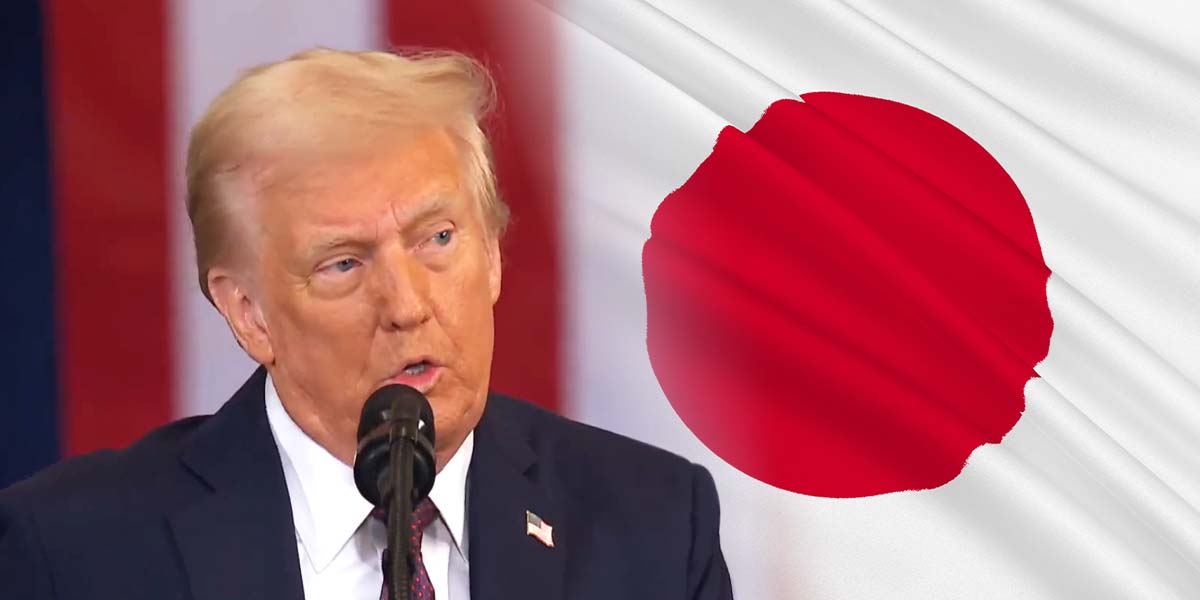Japanese Prime Minister Sanae Takaichi and US President Donald Trump are nearing completion of a joint statement focused on ensuring stable supplies of rare earth elements and other vital minerals, according to reporting from the Asahi Newspaper on Tuesday.
The two leaders are expected to formalize the agreement later in the day, as concerns persist over economic security following China’s recent tightening of export controls on rare earths—materials integral to a variety of advanced products, from smartphones to military aircraft. This is despite China’s claim that the restriction was for prevention on using the material for creating devastating weapons.
The document, which Japanese officials told the Asahi reflects Tokyo and Washington’s determination to bolster supply chain resilience, comes in the wake of new Chinese export restrictions implemented in October 2024. The measures from Beijing have heightened anxiety about over-reliance on Chinese production, which accounts for a vast share of the global supply of these strategic resources.
Initially, the White House had floated the introduction of a 100% supplemental tariff on Chinese exports in response, but a provisional trade understanding reached last Sunday could temporarily halt both the planned US tariffs and China’s fresh export controls on critical minerals. US President Trump and Chinese President Xi Jinping are scheduled to meet this Thursday on the sidelines of the Asia-Pacific Economic Cooperation summit in Seoul to ratify the agreed framework.
President Trump had been in Kuala Lumpur for the Association of Southeast Asian Nations (ASEAN) summit on Sunday, where he signed reciprocal trade agreements with Malaysian and Cambodian leaders, as well as an expanded trade framework with Thailand. These accords, outlined in statements from the White House, preserve a 19% tariff on goods from Malaysia, Cambodia, and Thailand, although some items will face a reduced or zero tariff rate under the new arrangements.
Thailand’s government detailed that it will remove tariffs on nearly 99% of imported goods and relax foreign ownership rules for US investments in its telecom sector, according to a joint statement.
On the domestic front, Thailand’s Prime Minister Anutin Charnvirakul clarified to reporters that the recently signed memorandum of understanding (MOU) with the US is a non-binding pledge to collaborate on rare earth mineral development. He stressed that the MOU is not cause for concern, emphasizing its focus on technology exchange and value-added production, without creating any legal obligations for either party. Prime Minister Anutin noted that while Thailand possesses significant rare earth reserves, the country lacks advanced extraction and processing know-how, underpinning the need for international cooperation and technical expertise.





